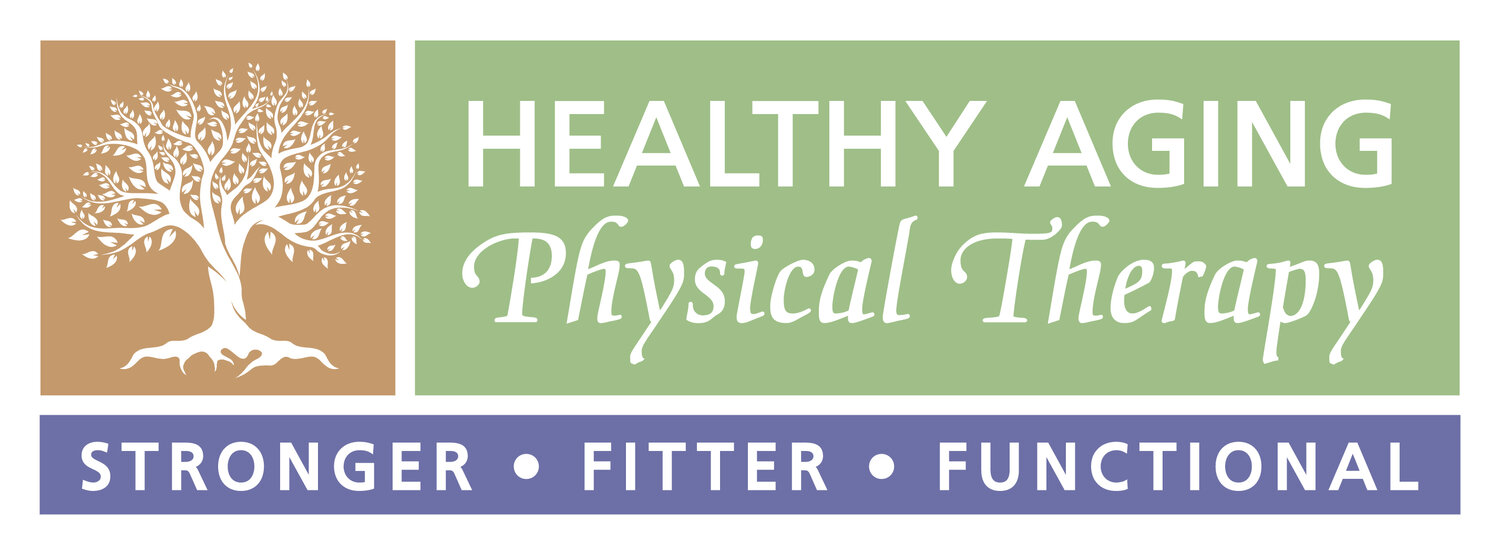May Staff Meeting Updates
Did you know that HAPT meets monthly to review patient cases and provide feedback and ideas, as well as for in-services and education? (Ten heads ARE better than one!) As much as I love learning, I love teaching even more, so thought I'd share a few lessons learned with you.
This month we were lucky enough to have two great presentations. First, Dahlia Cohen, Registered Dietician, spoke to us about Nutrition in Parkinson's Disease. We learned that weight management, in particular keeping weight ON, is a big issue for people with Parkinson's Disease. Not only are there changes in taste, swallowing and digestion that can be problematic, but due to the extra movement and muscle resistance that occurs in movement disorders, individuals with PD are often burning way more calories than normal during the day. This creates an energy deficit and this leads to weight loss. How can we help our patients with this problem? Here are a few ideas Dahlia gave us:
Encourage 3 meals a day + 3 Nutrient Dense snacks (like greek yogurt, or nuts).
Make sure to get adequate amounts of protein throughout the day. Your body can only digest about 30 grams at one sitting, so one big steak at dinner won't cut it. Try adding in smaller amounts, more frequently, making sure to time around your meds (levodopa competes with protein for receptor access, so it can make your meds less effective if taken with protein!). Protein is best eaten 30 minutes before taking levadopa or 60-90 minutes after taking meds.
Don't forget your fiber! We need 25-30 grams of fiber/day for optimal digestion and bowel management, and constipation is even more common in PD because gastrointestinal motility is slowed. Adding in green vegetables, whole grains and beans to your daily diet is helpful, and supplementing if needed with something like Metamucil can be helpful when needed.
After we finished learning about what to take in, we talked about 'how it comes out' with our staff PT, Katie Moulison. Katie just finished a great course in Pelvic Health and shared some helpful considerations for working with individuals who may be experiencing incontinence as they age. Here are some helpful take home messages:
Incontinence is common, but not a normal part of aging and there is a lot we can do about it. Wondering if how often you wake at night to 'go' is normal? Normal nocturia (peeing at night) is waking 0-1 times to get up. If it's more often than that, it can disrupt sleep cycles, leave you more tired during the day and lead to increased risk of falls.
Dehydration, constipation and bladder irritants are all common causes of increased frequency, urgency, nocturia and leakage (PS. the acronym FUNL can help you remember what to ask your patients about!).
If you're wondering about your own bladder habits, or trying to help a patient problem-solve their incontinence troubles, start by keeping a Bladder Diary and share it with a pelvic health specialist to get their take. There may be some simple strategies we can try to make it better!
Who are we and where do we go?
Healthy Aging Physical Therapy provides Physical and Occupational Therapy in the comfort of your own home (“Outpatient at Home”). We accept Medicare B, Blue Cross Blue Shield and most Medicare Advantage Plans and provide care in the following communities: Concord, Arlington, Belmont, Lexington, Winchester, Woburn, Stoneham, Melrose, Medford, Malden, Wakefield, Lynnfield, North Reading, Reading, Middleton & Peabody, Massachusetts.




